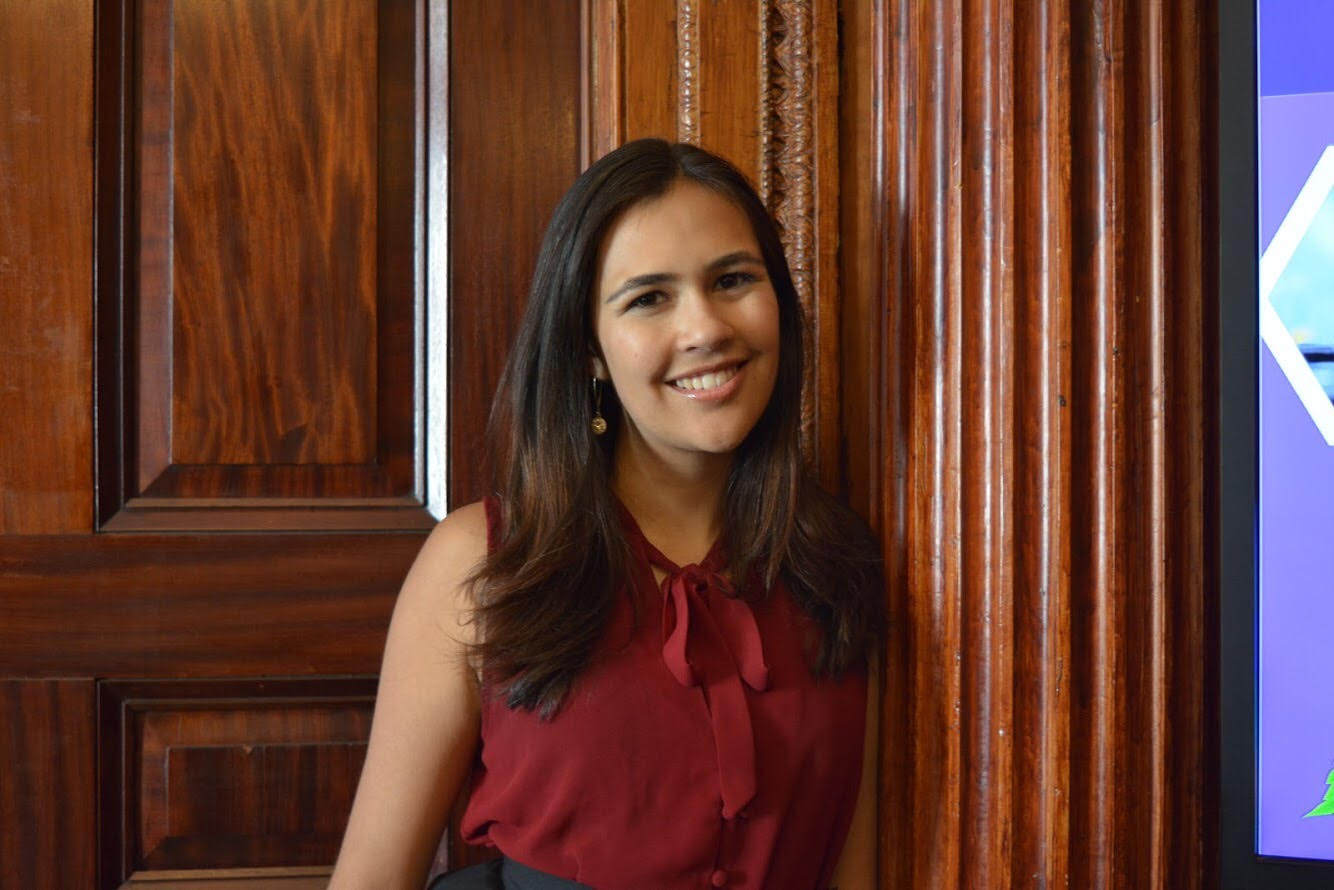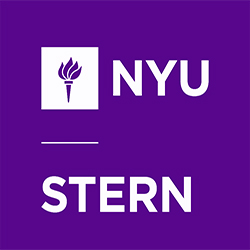 Sita Goetschius is an Associate Director of admissions at NYU Stern School of Business and an MPA student studying non-profit leadership and policy at the NYU Wagner School of Public Service. Outside of work and school, she loves to explore NYC’s many parks and finding the best cacio e pepe in town.
Sita Goetschius is an Associate Director of admissions at NYU Stern School of Business and an MPA student studying non-profit leadership and policy at the NYU Wagner School of Public Service. Outside of work and school, she loves to explore NYC’s many parks and finding the best cacio e pepe in town.
If you’re considering applying to business school but are worried about taking a standardized test, you’re not alone. You may be overwhelmed at the thought of taking a standardized test after years out of school, or wondering how to study and prepare.
A lot of applicants are understandably nervous about taking a standardized test. That’s totally normal! While tests can be intimidating, I’d like to share some insight on how we on the Admissions Committee review test scores and hopefully help break down this part of the process.
How do we review tests and what tests can you submit?
Standardized tests are one way for us to assess your readiness for a rigorous academic program, particularly for the quantitative focused parts of the MBA. We assess test scores in the context of your entire application and the strengths you show in other portions of the application. Keep in mind, test scores are only one way we get to know you.
NYU Stern’s Two-year Full-time and Focused MBA programs accept the GMAT, GRE, Executive Assessment Test (EA), MCAT, LSAT, and DAT. We have no preference for test types and encourage applicants to take a practice exam to see which test they feel most comfortable with and which aligns better with their skillset. Remember that Stern reviews your overall highest test score.
We also have test waiver options for our MBA programs.
To be considered for a test waiver, submit a test waiver request form by November 1. We ask for portions of the application to review your academic readiness to evaluate whether or not including a standardized test score would enhance our understanding of your readiness for our program. You’ll also be required to submit a brief summary of your academic readiness for the MBA program.
Once you submit these documents, they will be included in your application record, which means you don’t need to re-submit them with your application. Learn more about our test waiver option on our website.
NYU grads – you’re in luck! If you graduated with an undergraduate degree from NYU with a 3.20 or higher cumulative GPA, you can waive the testing requirement through our NYU + MBA program.
We’re often asked if the test waiver puts applicants at a disadvantage for scholarship consideration, and I’m here to tell you it does not! Applicants who are granted a test waiver will still be considered for merit-based scholarships.
Did you know that 61% of people who retake the GMAT improve their score after retaking it?
Test taking itself is a skill. Standardized tests are unlike a lot of situations in your life, and it’s completely normal not to get the score you want immediately. Think of the first time you take the exam as a “dry run”, and consider retaking it again. Some of those first-time jitters may recede, plus you’ll be more familiar with the environment and test proctoring procedures. You can always submit updated scores after applying for us to review.
If you want to make significant improvements in a particular area, consider test prep options. Having someone to cheer you on and structure a study plan can help take some of the stress of managing test prep off of you, and allow you to focus on memorizing those obscure vocabulary words.
Another option is to look into switching tests. Start by taking a few different practice tests and see how you do on them. You may find that the way the questions are asked or the format aligns better with your skillset. That’s what recent alumna Mara Walsh did, and you can read more about her experience on our blog.
Remember that the test scores reported in our class profile are averaged across the range of admitted student test scores. Many people fall above and below the average, as you can see in the 80% range of scores. Each applicant brings different strengths to their application and the test score is just one piece of the application.
Finally, remember to take your time to prepare, and sit for the exam when you’re ready. Everyone’s test prep process is different. If it’s been a while since you’ve studied for an exam, think back to what helped you focus in college. For me, that meant finding a favorite corner in the Brooklyn Public Library, lots of snacks, and using a Pomodoro timer to stay on track with built in breaks.
When I took the GRE for my master’s program at NYU Wagner, I pushed back my original test date by three months, and I’m so glad I did. I was working full time and needed a little extra time to drill in on some concepts. Now, I’m about to enter my final year of my master’s program and am looking forward to graduation at Yankee Stadium in May!




